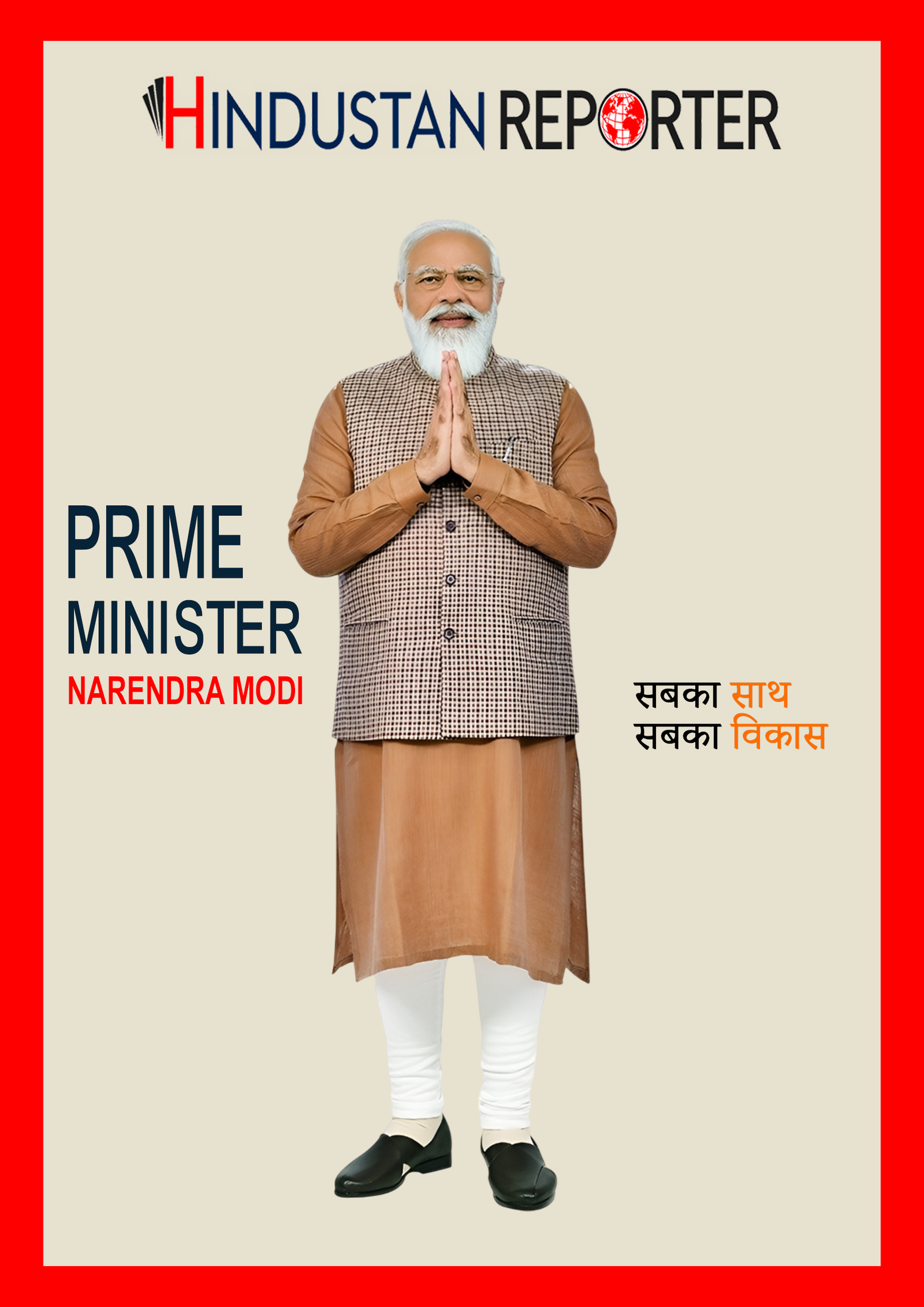In order to facilitate integration with censuses and other surveys, the government is seeking to access non-traditional information and distribute alternative, administrative datasets to other stakeholders. At the Ministry of Statistics and Programme Implementation’s (MoSPI) brainstorming session on Thursday, “Leveraging Non-Conventional Data Sources for Official Statistics,” it was discussed that efforts should be made to establish an environment that makes it possible to use all available data sources, both conventional and non-conventional, for decision-making.
It was mentioned that the departments and ministries might use different datasets to track and monitor the decision variables in real time. Furthermore, it was discovered that the ministries and departments might provide different administrative datasets to different stakeholders in order to facilitate their integration with census and survey data, according to an official statement.
Representatives of the central ministries and departments, including statistical advisors, were urged by MoSPI Secretary Saurabh Garg to investigate the potential for recycling datasets produced by the other agencies. He was cited in the statement as adding, “The culture of data sharing, however, maintaining the sanctity of Personally Identifiable Information (PII) must be fostered in the working of all the stakeholders.”
Among those present were Shombi Sharp, UN Resident Coordinator (UNRC); Rana Hasan, Regional Lead Economist, South Asia, Asian Development Bank (ADB); and Kris Gopalakrishnan, Chairman, Axilor Ventures and co-founder of Infosys. The session was attended by 150 delegates in total. Gopalakrishnan used the use of Aadhaar to highlight the significance of non-traditional data. Standardizing different datasets, improving data processing skills, and creating a data governance framework are all necessary, he added. A system that permits access to private data that is legally supported and used for legitimate purposes should also be in place.

